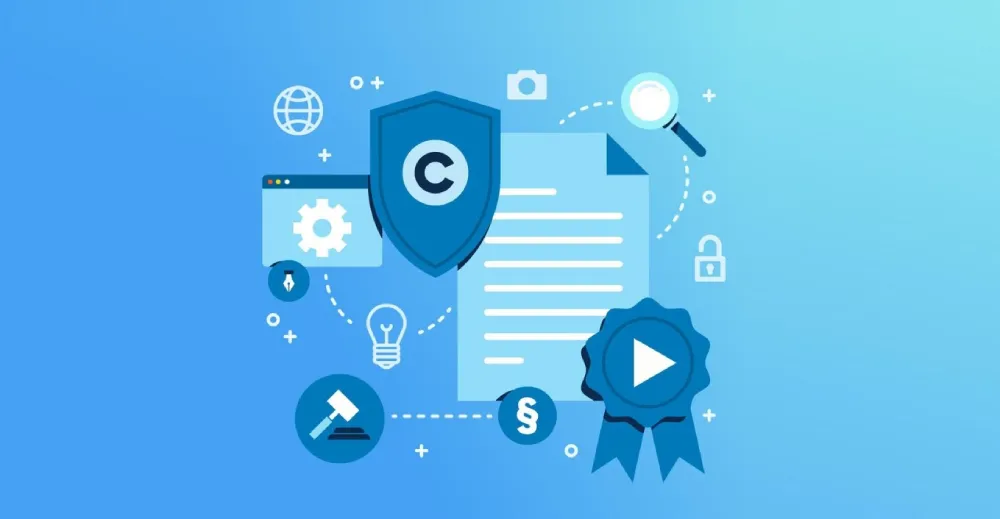When it comes to malware, antivirus tools are detecting in excess of 400,000 malicious files per day. With a large number of malicious files out there, this gives hackers a large assortment of tools to choose from when deciding on their next target. Users have a tendency to make similar mistakes, which hackers are able to exploit. Below is a rundown of the top 10 mistakes those new to computers, tend to make.
1. Not Saving Their Work
This is probably one thing we can all agree that we’ve forgotten to do, at one point or the other. Losing literally, hours of work, in a matter of a few seconds. Whether you work online or offline, it’s very important that you regularly save anything you produce. I suggest saving in intervals of 10 – 15 minutes, even if the program you’re using has automatic saving, built into it. You can never be too sure, when your computer may crash or when you may suffer a power outage. Thus, it’s best to be safe rather than sorry.
2. Buying Incompatible Peripherals or Components
When looking to purchase a new component, it’s important that you keep in mind that not all hardware components will be compatible with your system. Thus, you want to ensure your computer meets the minimum requirements of whatever device, component, peripheral, you’ve set your eyes on. To be on the safe side, you can look for components made from the same brand as your system – but that’s not a priority.
3. Using Guessable Passwords
When you use a weak password, over and over, on several of your accounts, you open yourself up to risk, from brute force attacks. Brute force attacks are essentially pieces of software that attempt to guess your password by running through a large assortment of different words. The simpler your password is, the easier it is for the program to find it.
4. Opening Phishing Emails
Recent reports puts the number of people that fall victim to phishing scams at over 80k. For this reason, you want to be extra cautious. If you get an email, telling you, that you’ve won the lottery, and all you need to do to claim it, is click on a certain link, then you should immediately delete it. Most email services today come with spam filters, which are highly adept at locating and filtering out these kinds of emails. But you want to do your own diligence, as some can and occasionally do get through. So take the time to always verify where your emails are coming from, is the sender someone you trust.
5. Not Turning Off Your System Properly
With so many people starting off with a tablet or smartphone, as their first real computer, many never learn the proper procedure of a desktop unit. When you’ve finished using your system for the day, you want to ensure you’ve saved all your work. It’s also a good idea to close your programs, individually, then shut your system down, as the final step.
6. Not Backing Up Your Data
One mistake so many computer users tend to make is by not backing up their computers or their business data. Virus infections, system crashes, hardware failure, physical computer damage, and theft are all the things that can happen, which may result in the loss of your data.
When you back up your data, you’re not preventing any of these things from happening. What you’re doing, is creating an avenue, which you can later use to restore your data – in the event that it’s lost or corrupted.
7. Using Public Wi-Fi
One thing you should never do on public Wi-Fi is to use it to access your own personal data. These public networks are almost never secure, and in many cases, you’ll find traps set upon them. Cybercriminals will create networks that resemble legitimate public Wi-Fi networks, by giving them familiar names, like “Coffee shop Wi-Fi”. This presents the perfect opportunity for the hacker to infect people’s systems, as and when they log into these access points. The moment end-user logs into such a network, the hacker may gain immediate access to personal data, such as passwords and bank details. It’s for this reason why you should do all your most important stuff on your home network.
8. Not Regularly Updating Your System
If your system isn’t configured to update automatically, then it should prompt you to apply certain updates, as and when they are made available. There are a lot of people that fail to keep their systems up-to-date. When you install the latest updates, it ensures your system is running optimally and is saved from the latest known security vulnerabilities.
9. Not Protecting Electricals
Just to be on the safe side, you may want to consider using surge protection when plugging your computer, smart device, or laptop into a wall socket. This will protect your device in the event of damage, bad weather, or bad wiring.
10. Clicking Next Before Reading
With all these technologies, giving us access to things in a split second, it’s not uncommon for people to act recklessly. When you fail to take the correct time or exercise patience when agreeing to anything online, you put yourself at risk. The end result could be a program installed and running on your system, without your knowledge.
Author Bio:
Uchenna Ani-Okoye is a former IT Manager who now runs his own computer support website Compuchenna.co.uk.












Leave a Reply